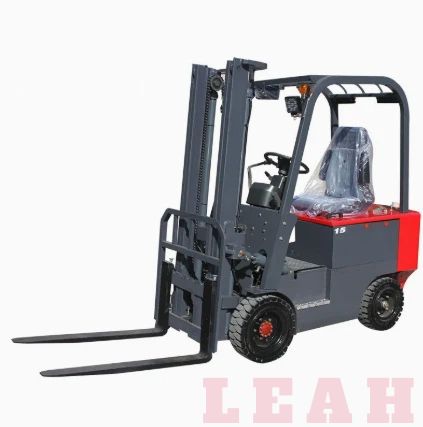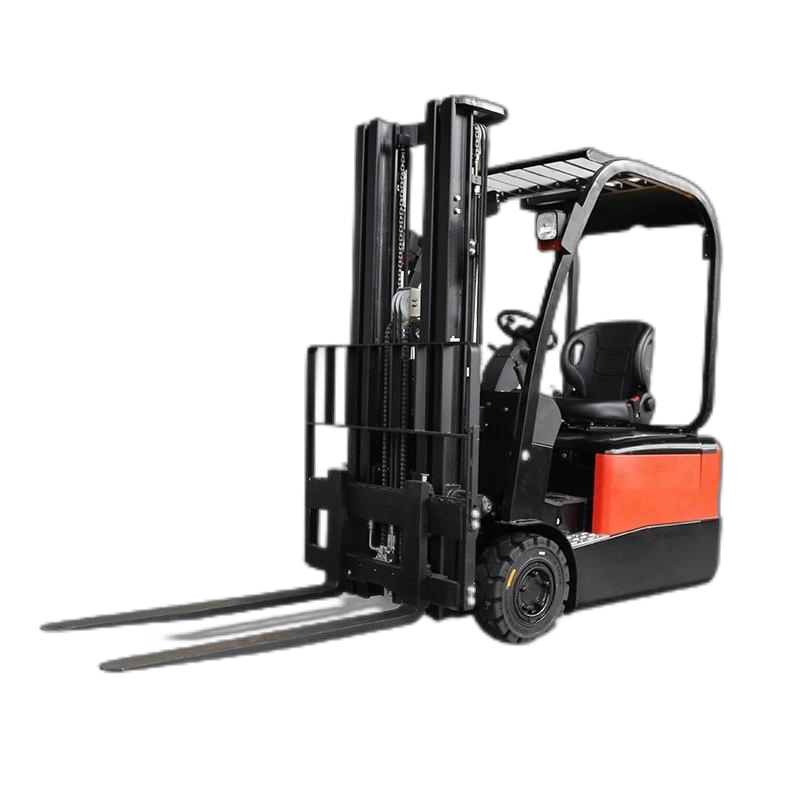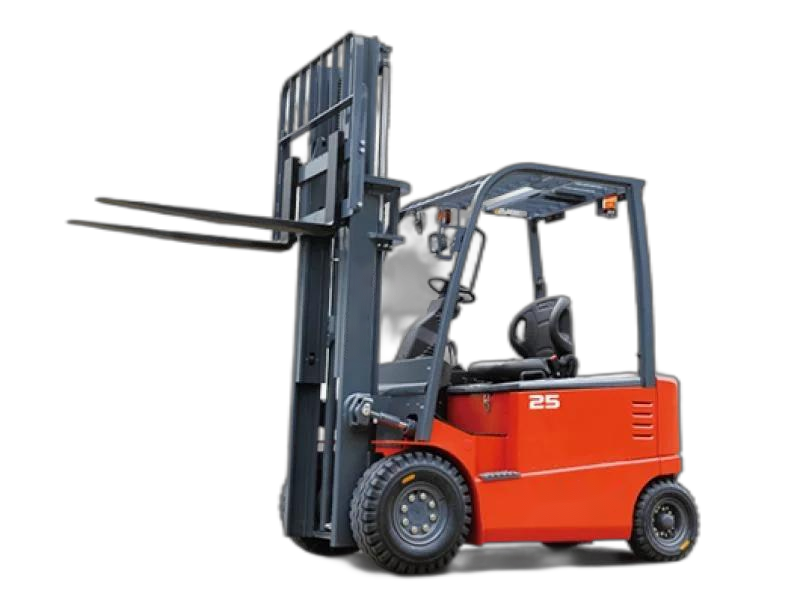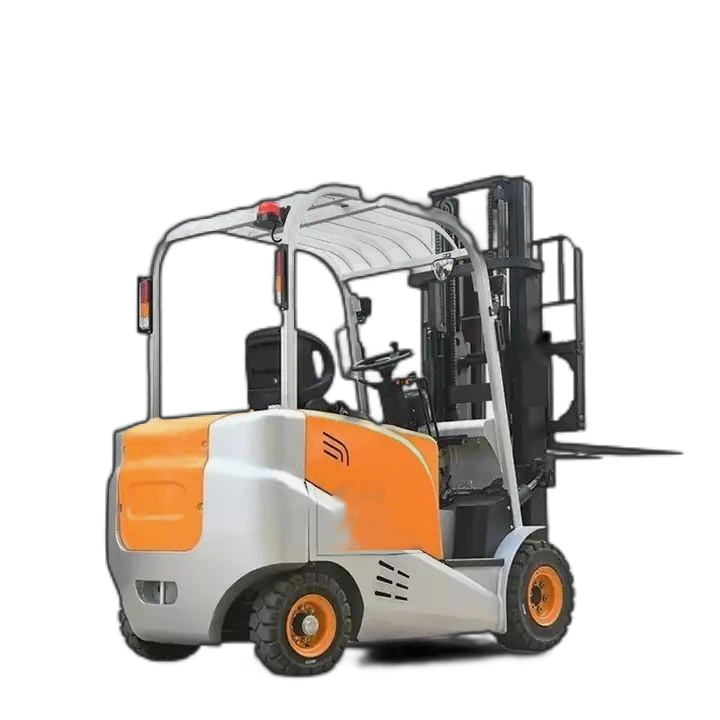An excavator, whose scientific name is excavator, is a type of heavy - duty mechanical equipment widely applied in various fields of engineering construction. It is highly favored due to its powerful excavation and loading/unloading capabilities.
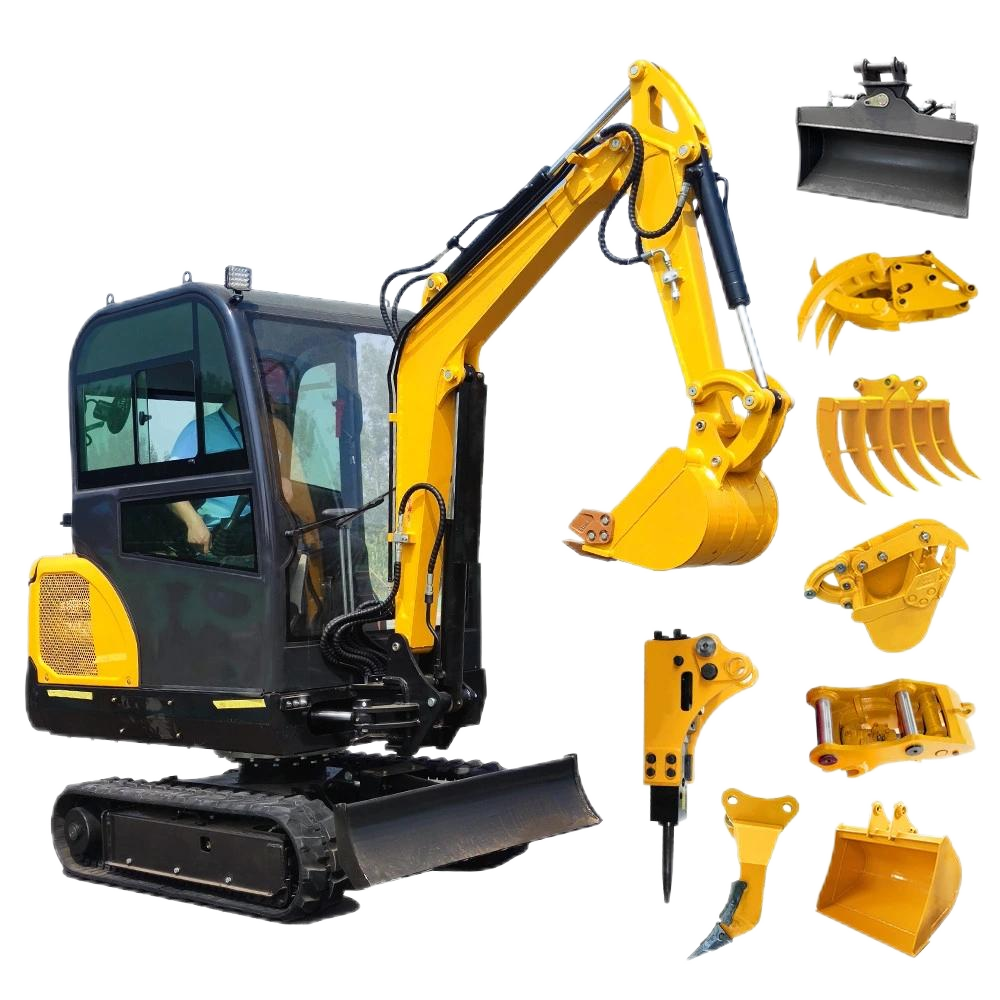
Working Principle
An excavator is mainly composed of components such as a power unit, a working device, a slewing device, a traveling device, and a control system. The power unit is typically a diesel engine or an electric motor, providing power for the entire machine. The working device consists of elements like the boom, stick, and bucket. The movement of each component is achieved through the operation of the hydraulic system. When hydraulic oil, under the action of the oil pump, enters the corresponding hydraulic cylinder, the piston of the hydraulic cylinder drives the boom, stick, and bucket to perform lifting, telescoping, and digging motions. The slewing device enables the working device to rotate 360 degrees horizontally, facilitating the excavator to carry out operations at different positions. The traveling device can be selected as either crawler - type or wheel - type according to different working conditions, ensuring that the excavator can move under various terrain conditions.
Common Types
- Crawler - type Excavator: This is the most common type of excavator. Its crawlers have a large ground contact area, resulting in low ground pressure. It can operate stably on complex terrains such as soft and muddy ground and is not prone to sinking into the ground. Moreover, the crawlers have strong grip and excellent climbing ability, making it suitable for harsh construction environments such as open - pit mining and large - scale earthwork projects in the wild.
- Wheel - type Excavator: Wheel - type excavators are characterized by fast moving speed and convenient relocation. It can travel at a relatively high speed on the road without the need for trailer transportation, saving relocation time and costs. It is suitable for engineering projects such as urban road construction and building construction that require frequent movement of the working location.
- Wheel - type Grab Excavator: This type of excavator is mainly used for grabbing loose materials such as coal, ore, and garbage. Its working device is a grab, and the opening and closing of the grab are controlled by the hydraulic system to achieve the grabbing and loading/unloading of materials. It is commonly used in material handling operations at ports, docks, and stockyards.
Application Scenarios
- Construction Engineering: In building construction, excavators are used for tasks such as foundation earthwork excavation and foundation treatment. It can quickly and accurately excavate a foundation pit that meets the design requirements, laying the foundation for subsequent construction work. In urban infrastructure construction, such as in the construction of roads, bridges, and subways, excavators also play a crucial role in earthwork excavation and trench digging.
- Mining: Excavators are one of the core equipment in mining. In open - pit mines, excavators are used for the excavation and loading of ore, transporting the mined ore to the designated location. In underground mines, small - sized excavators can be used for tasks such as roadway tunneling and ore transportation, improving mining efficiency.
- Water Conservancy Projects: In water conservancy project construction, excavators are used for operations such as river dredging, dike construction, and reservoir excavation. It can clean the silt and debris in the river, widen the river channel, and enhance the flood - discharge capacity of the river. Meanwhile, during the dike construction process, excavators can be used for earthwork excavation and filling to ensure the stability of the dike.
- Agricultural Field: In agricultural production, excavators can be used for tasks such as farmland water - conservancy construction and land consolidation. For example, digging irrigation channels, building drainage systems, and leveling the land, which help improve agricultural production conditions and increase agricultural production efficiency.
In conclusion, with its powerful functions and wide applicability, excavators play an irreplaceable and significant role in the engineering construction of various fields and are key mechanical equipment for promoting the development of modern engineering construction.





